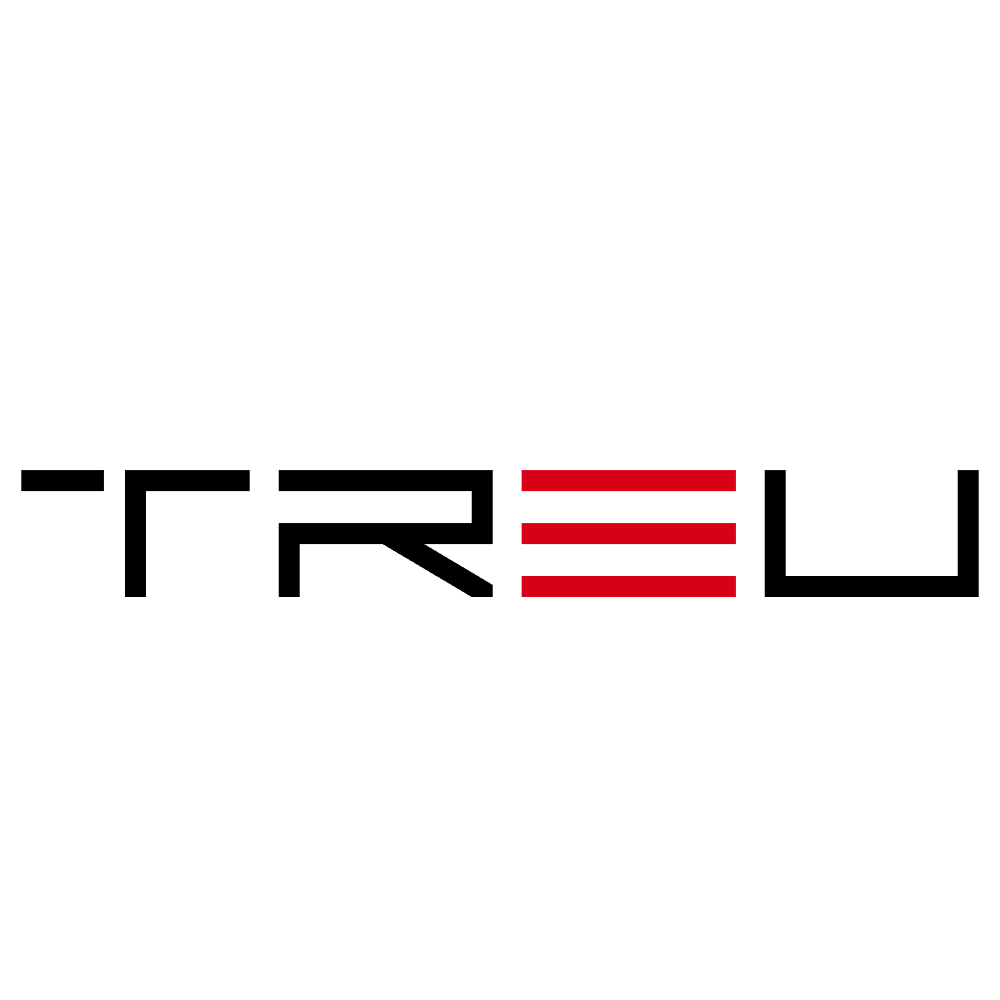South Korea Telecom Leaders Expand Data Centers for AI Growth
As artificial intelligence (AI) continues to reshape the global digital landscape, South Korea’s telecom giants are spearheading the expansion of data infrastructure to meet escalating demands. In an era when big data, machine learning, and cloud computing dominate technological conversations, leaders like KT Corporation, SK Telecom, and LG Uplus are ramping up their investment in scalable and energy-efficient data centers across the country.
AI Boom Fueling Data Center Demand
The rapid proliferation of AI-powered applications — from autonomous driving and smart factories to customer service chatbots and personalized entertainment — has triggered an unprecedented surge in data processing requirements. To address this exponential growth, South Korea’s telecommunications providers are expanding the physical and digital footprint of their data centers by:
- Constructing next-generation data centers equipped with edge computing capabilities
- Partnering with domestic and international cloud vendors to support high-performance computing
- Integrating energy-efficient cooling systems to reduce environmental impact
This expansion marks a strategic move to solidify South Korea’s position as a global hub for AI development and digital innovation.
SK Telecom’s Aggressive Data Center Strategy
SK Telecom, the country’s largest mobile operator, is leading the charge with strategic investments aimed at capitalizing on soaring cloud and AI demand. The company’s subsidiary, SK Broadband, is building a large data center in Pangyo, often referred to as South Korea’s Silicon Valley. The modern facility is designed to serve both enterprise clients and public sector AI applications.
Key features of SK Telecom’s strategy include:
- Deployment of NVIDIA GPUs to accelerate AI model training and inference
- Advanced cybersecurity infrastructure to protect sensitive industrial and governmental data
- Deployment of modular design to scale physical and operational capacity on demand
To ensure sustainability, the new centers will also pursue green certification to meet both local environmental standards and international ESG benchmarks.
KT Corporation Doubles Down on Cloud & AI Integration
KT Corporation, South Korea’s former state telecom monopoly, is focusing its resources on building interconnected data centers that act as AI support hubs. KT plans to integrate its AI infrastructure with its cloud services, including its AI-powered platform GiGA Genie.
KT’s data center initiatives are driven by three pillars:
- AI as a Service (AIaaS) offerings enabling businesses to deploy AI tools without investing in infrastructure
- Hybrid cloud solutions that allow seamless data integration across public and private environments
- Smart building designs with automated power and cooling systems for cost efficiency
Furthermore, KT is working to integrate these assets into the government’s Digital New Deal initiatives, helping public institutions make smarter decisions through AI analytics and real-time insights.
LG Uplus Focusing on Energy-Efficient Edge Data Centers
LG Uplus is taking a unique approach by prioritizing the development of edge data centers — smaller facilities located closer to end-users to minimize latency and maximize AI performance. The company recently announced its new green data center in the southern city of Cheonan, which will play a pivotal role in supporting IoT and AI-powered services across smart cities and connected mobility platforms.
Highlights of LG Uplus’ data center development strategy include:
- Implementation of natural cooling systems and solar panels to reduce carbon emissions
- Strategic partnerships with AI startups to encourage innovation and ecosystem growth
- Redundant network design to ensure business continuity for mission-critical applications
LG Uplus plans to use these edge centers not just for domestic applications but also as nodes in broader global AI and 5G networks.
Public-Private Partnerships Driving Progress
South Korea’s rapid strides in AI and data centers are also being fueled by robust collaboration between the public and private sectors. The Ministry of Science and ICT has emphasized the need for expanded digital infrastructure as a key part of the national digital economy strategy. The government is offering both direct funding and regulatory support to fast-track data center construction, especially in non-metropolitan areas where job creation is a priority.
Notable initiatives include:
- Subsidies for eco-friendly data center builds
- National AI R&D programs supporting telecom-led infrastructure
- Policy accelerators for broadband and energy optimization
These initiatives underscore South Korea’s ambition to become a regional AI superpower while maintaining a strong commitment to environmental sustainability.
Meeting Sustainability Goals with Green Infrastructure
With the world closely watching the energy consumption of large data centers, South Korean telecom companies are taking proactive measures to align with global climate goals. Data centers, historically seen as energy-intensive operations, are being transformed into veritable models of efficiency through technologies such as:
- Liquid cooling and heat recycling systems
- Use of AI to optimize server load and power usage
- Deployment of zero-emission backup generators
These green initiatives not only lower operational costs but also enhance brand value in an increasingly sustainability-conscious market.
Global Implications and Future Outlook
South Korea’s aggressive investment in AI-ready data centers sets an important precedent for other high-tech nations. As global competition in AI development heats up, robust, scalable, and secure computing infrastructure will be an indispensable advantage. The initiatives of KT, SK Telecom, and LG Uplus are expected to yield:
- Faster commercialization of AI solutions for manufacturing, finance, and logistics industries
- Improved resiliency amid growing cybersecurity threats and geopolitical uncertainties
- Enhanced digital services for consumers including real-time translation, video analytics, and smart city applications
Industry experts forecast that by 2027, data center capacity in South Korea will double, supported by a multi-billion-dollar investment pipeline. With their combined focus on innovation, scalability, and sustainability, South Korea’s telecom leaders are paving the way for a smarter, more connected future.
Final Thoughts
In summary, the current trajectory of South Korea’s telecom sector reflects a bold response to the needs of a digitally transformed economy. As AI becomes more ubiquitous across industries, the strategic expansion of data centers by companies like SK Telecom, KT Corporation, and LG Uplus is ensuring that South Korea remains ahead of the digital curve. With government backing, private sector innovation, and a clear emphasis on sustainability, the nation is set to redefine what the future of telecommunications and AI infrastructure looks like on the global stage.

